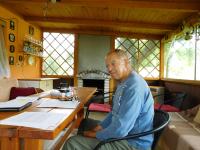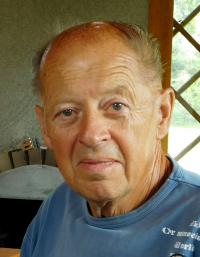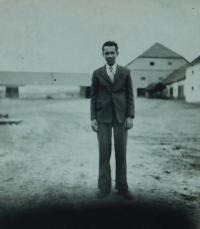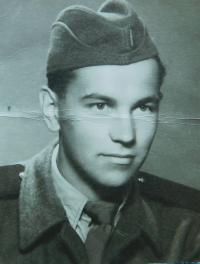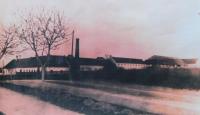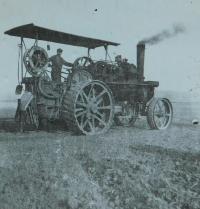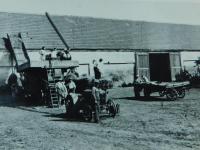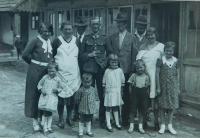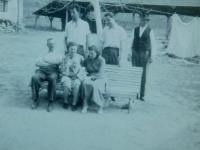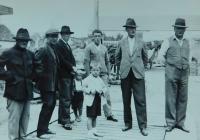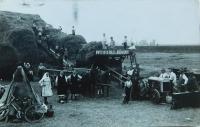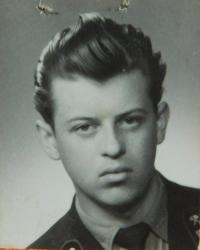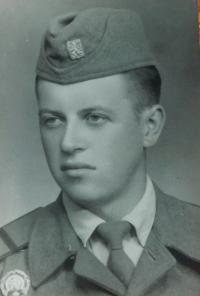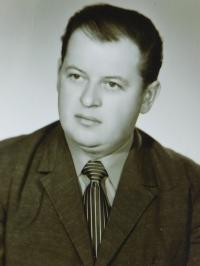They took everything from them and then evicted them
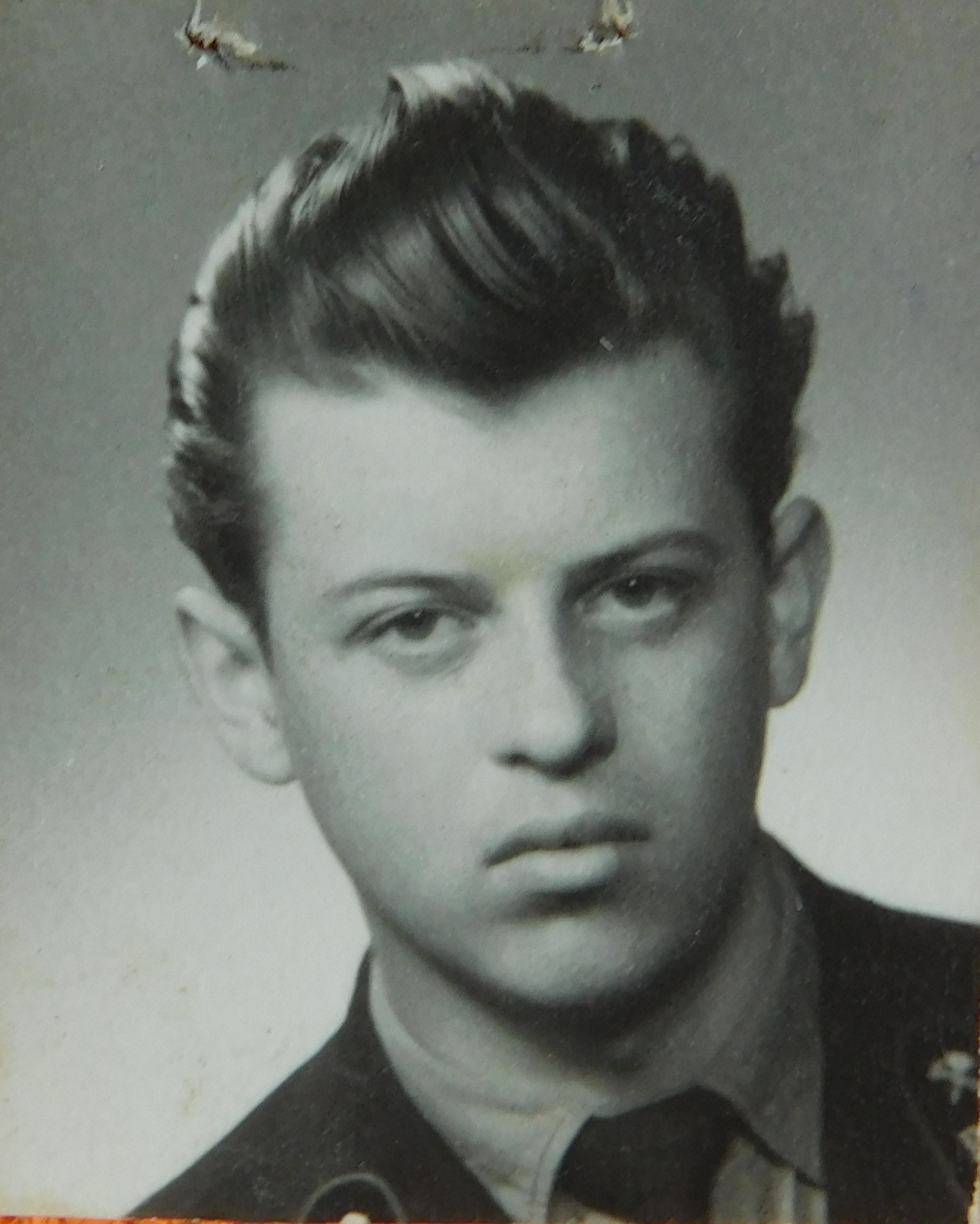
Stáhnout obrázek
Antonín Hlobílek was born on 25 November 1938 in Mistřín (now a part of Svatobořice). His father and his uncle co-owned one of the largest estates around Kyjov, with eighty-four hectares of farmland. As they were former legionaries (from World War I), the Nazi regime confiscated their property in 1941 and later evicted the family. In 1949 the farm was nationalised by the Communist regime. Both families were deported to the secluded settlement of Dvorek, administered by the village of Jestřabice, where the witness‘s parents stayed until 1957. Antonín Hlobílek trained as an oil and gas driller and then worked in soil surveying. He settled down in the little town of Zlaté Hory. He returned to Mistřín for the first time in 1991, after the fall of Communism and forty years after his family had been deported. In the meantime, the buildings had fallen into ruin; they were demolished in 2016. The grounds now contain a petrol pump, a repair shop, and a station of the Mistřín Voluntary Firefighter Corps. The family never received their property back, as they did not meet the restitutive requirements, and they never received any compensation from the state either.
